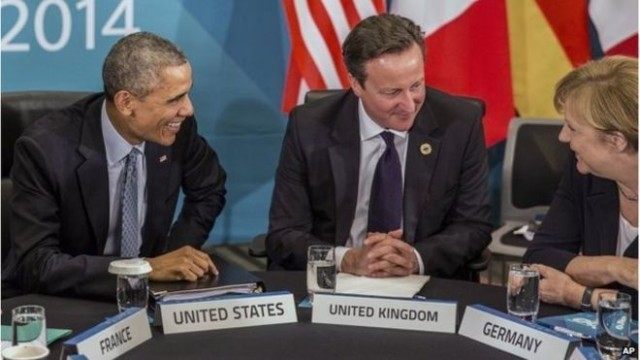Companies across Europe are growing increasingly sceptical of the Transatlantic Trade and Investment Partnership (TTIP) currently being thrashed out between the EU and the United States.
A recent study has shown that most doubt the agreement will boost their financial performance, despite being generally positive about free trade agreements.
The comprehensive study by software provider AEB and the Baden-Württemberg Cooperative State University (DHBW) in Stuttgart, Germany looked firstly at the impacts of “preferential agreements in everyday business” and then at TTIP specifically.
If found that just one third of the 177 global trade and logistics experts they interviewed, most of whom hailed from Germany, Austria and the UK, expected TTIP to have a positive impact on their company’s bottom line, and even fewer – just one in five – expected it to have a positive effect on employment within their company.
This despite the fact that 78 percent of the companies use some sort of preferential agreement as part of everyday operations; most commonly by taking advantage of free trade argreements. The researchers reported that, due to high administrative and IT costs, companies are careful to analyse the cost / benefit ratio of taking advantage of such agreements.
Looking at the expected positive effects of TTIP, 62.5 percent of those surveyed cited the elimination of non-tariff barriers, whilst 57 percent anticipated easier access to markets. However, they were cynical over the time frame, with most participants not expecting to see any implementation of TTIP until 2017.
“A large majority of participants does not expect TTIP to take effect within the next two years,” commented Prof. Dr. Dirk H. Hartel, head of the Department of Business Administration Service Management at DHBW Stuttgart. “This shows that respondents have entirely realistic expectations – likely influenced by the experience of the CETA agreement with Canada, which is considered a blueprint for TTIP. The CETA negotiations have been ongoing for about five years, and the agreement is not expected to take effect until 2016.”
TTIP is described as a free trade deal designed to cut tariffs and reduce barriers between the US and EU member states. According to the BBC, the British government expects it to add £10 billion to the UK economy, £80 billion to the US and £100 billion to the EU every year. It also says that shoppers will benefit through cheaper prices on American items such as jeans and cars, whilst small businesses will also reap rewards through gaining greater access to the American market.
Prime Minister David Cameron has promised to put “rocket boosters” under the deal, as it is central to his vision of a reformed, freely trading Europe. However, it faces opposition from those who fear that the removal of rights and regulations would lead to environmental damage and diminished workers rights. The UK Independence Party (UKIP) is the only party said to be in complete opposition to the deal, which it describes as a “corporate stitch up deal”.

COMMENTS
Please let us know if you're having issues with commenting.